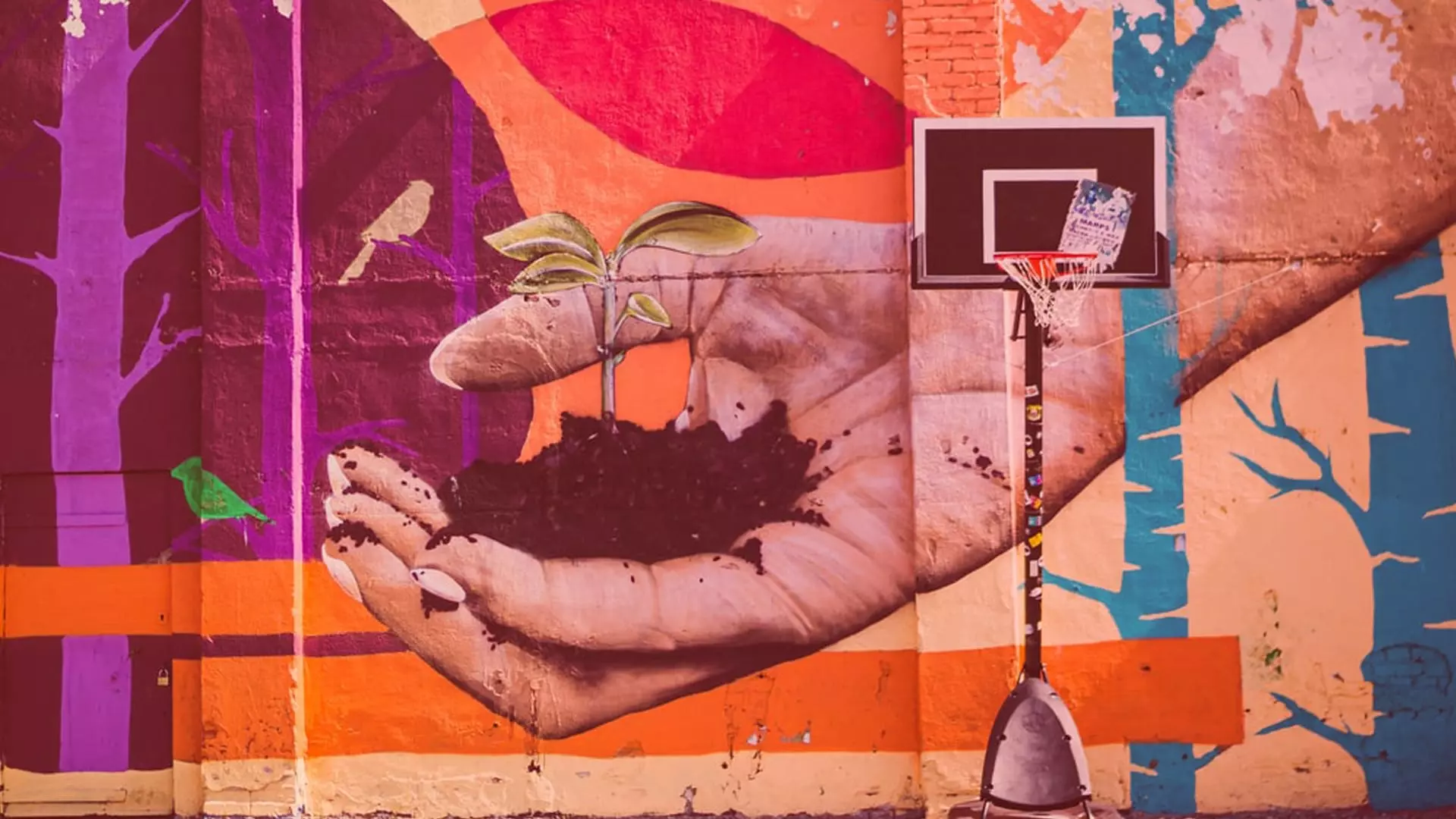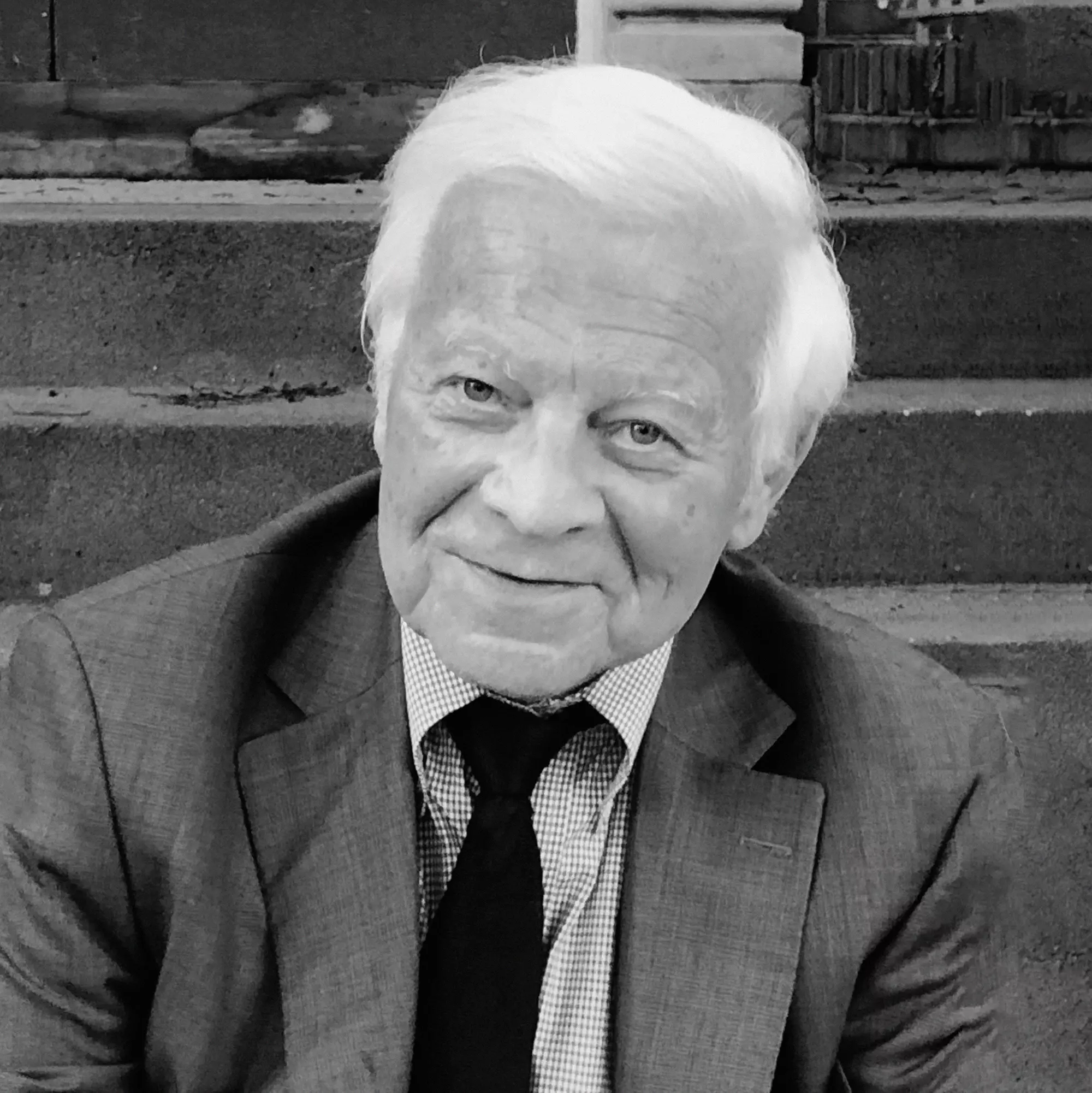
Honor the sibling archetype throughout your own story
Brothers and sisters are potentially our only lifelong companions – they may witness our entry into and our exit from the world. Siblings are companions who share similar origins, our familial ethos and ancestry, and with whom we experience the polarity of feeling and the complexity of relationship. They are the ‘others’ that populate our earliest environs and impress upon us our earliest attitudes, values and beliefs.
Through this course we will amplify the archetype of the sibling through myth, fairy tales, depth psychology and personal experience.
4 Class Course
90 Minutes
What you will receive
4 Video & 4 Audio recordings
Access to your own Jung Platform account where all the content you've purchased will be stored.
Course Description
How does the sibling relationship – or lack of it – impact our life?
While stories of brothers and sisters frequent ancient myths and modern fiction, psychology’s focus on the social and psychic imprints of the parents have overshadowed the sibling relationship. The attachment between brothers and sisters is deeply impactful and psychologically revealing. The sibling, like mother and father, is also an archetypal figure. This archetypal and literal image mirrors a primary pattern for how we forge relationships with our friends, colleagues, and intimate others.
Often the sibling bond lays a template for equal relationships, unlike the father and mother relationship where there is a hierarchical orientation. Our sibling constellations are full of paradoxes: they may be ally and enemy or confidante and betrayer. We want to be identical to them; we want to be completely different.
As we move through our course we have the opportunity to reflect not only on our siblings or lack of them, but the fabric and patterns of all equal and adult relationships. When we explore larger mythic stories, we see the nature of our own sibling story mirrored back. In considering the imprints that this archetype impresses upon the soul we experience a greater capacity for understanding and accepting the diversity of human relationships.
This course is ideal if
- Examine the sibling relationship throughout the life cycle, and embrace pathways to healing and accepting our sibling stories.
- Recognize its impact on our adult relationships.
- Establish how this dynamic impacts our social roles and ways we orient ourselves to the world.
- Learn how a shared emotional and psychological inheritance plays out in different siblings.
Course Overview
Class 1: Mythic Siblings
Myth tells us that the sibling relationship is a cornerstone of our relational life. These narratives tap into deeply archetypal and inherently human experiences that exist within the complex web of sibling connections. These experiences not only shape our inner worlds but also influence our relationships with peers and equals.
This class explores the captivating world of sibling relationships as portrayed in Greek mythology. These myths unveil the complexes, unspoken emotions and societal taboos surrounding sibling dynamics. They unveil stories of love and jealousy, power struggles and unity, envy, trust, betrayal, suspicion, and deceit. These timeless tales also reveal narratives of lies, blame, and pride, alongside those that touch upon support, competition, and grief. In essence, they encapsulate a rich tapestry of deeply human experiences, all interwoven in the intricate dance between siblings. Myths consistently acknowledge the significance of siblings and their enduring influence across the different stages of life.
Class 2: Psyche’s Siblings
Psychoanalysis accentuated the powerful imprint the parental relationship etches upon our psyche. The sibling system, where the patterning for equality in relationship begins, was overshadowed by the psychoanalytic focus on the parental pair. Psychic confusion between the parental and sibling systems was apparent in the psychoanalytic atmosphere; certainly evident in the Oedipal myth, as Oedipus’ children were also his half-siblings!
The predominant focus on the parental dyad may have unconsciously served as a defense mechanism to uphold the prevailing authority structure. The analyst-patient relationship, which is modeled after the parent-child dynamic, inherently perpetuates a hierarchical framework. In contrast, sibling relationships are characterized by their horizontal and more egalitarian nature.
During this class, we will examine sibling relationships and its impact on pioneering psychoanalysts such as Freud, Jung, and Adler. By looking into their personal histories, we aim to shed light on how these early experiences may have left an indelible mark on their lives and influenced their theoretical contributions. This exploration will serve as a mirror for you to reflect on the profound impact of the sibling archetype in your own life.
Class 3: Soul Siblings
When Cassandra Austen lost her sister Jane, it was as if she lost her soul mate. Her heartbreak was echoed in her words: “She was the sun of my life, the gilder of every pleasure, the soother of every sorrow, I had not a thought concealed from her, and it is as if I had lost a part of myself.”
Antigone is willing to risk her life for her brother in a way she never would have for her husband or children. The sibling bond is a soul connection and whether or not the relationship has been able to find this expression in the external world, the psychic images of the sibling invite us to recognize the human capacity for soul companionship, whether amicable or hostile; nonetheless equal and kin.
We will continue to amplify the archetypal dimension of siblings as soul mates in the opus of life; an image ensouled in the lifework of the alchemist and his soror mystica. In this class we will amplify the many patterns and silhouettes that sibling images and felt experiences shape throughout life.
Class 4: The Sibling Relationship
Whether an only, elder, middle or younger, a half or step brother or sister, the sibling archetype is a powerful presence in our domestic, working and intimate life. How might our birth order affect the way we take our place or roles we play? We will explore the spectrum of the relationship throughout the lifespan, nodal points such as entrances and exits of siblings in our lives, estrangement and healing, surrogate sibs and sibling systems and partners.
As our course draws to a close we will reflect on and share our own sibling stories and how we might best honor the complexity and fate of this connection.
By the end of this course you will
- Be able to reflect on your sibling relationships (or lack of them) and the sibling archetype.
- Be able to understand the deeper dimensions of this primary relationship & how it impacts your adult relationships and social roles.
- Become familiar with myths and personal histories that are connected to this relationship.
Scholarships
We here at Jung Platform want to make these programs available to anyone. If you would love to participate yet can’t pay for the full course, then please send us an email at [email protected] and describe why you feel you qualify for a scholarship, how much you can pay, and what you will do to help the Jung Platform promote this and other programs.
The Jung Platform Guarantee
We stand by our programs. If within 30 days of your purchase or the live course start, you're not satisfied, we offer a replacement or a full refund.




 2 Teachers
2 Teachers 







